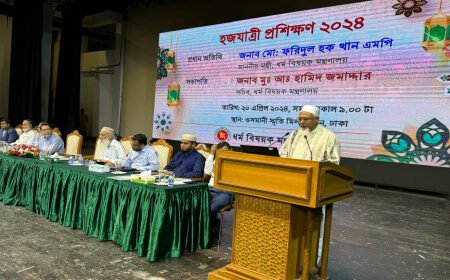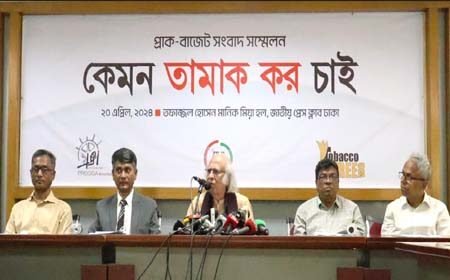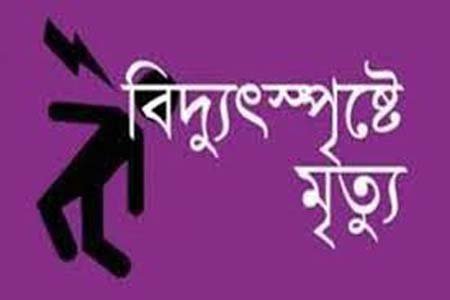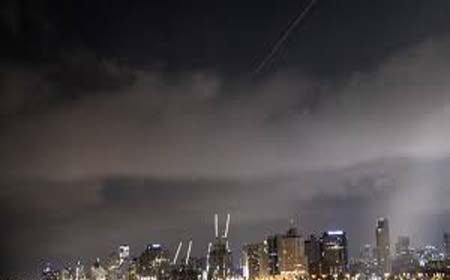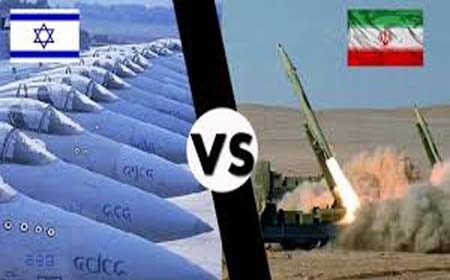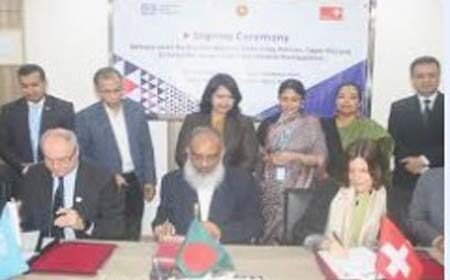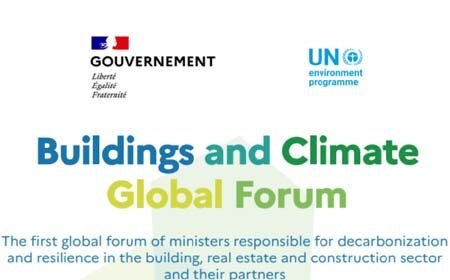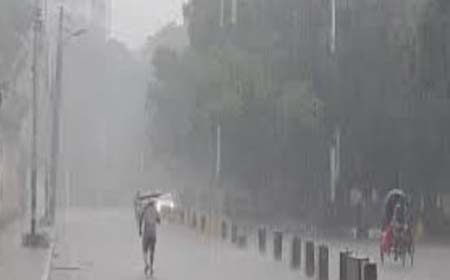Naik is far from alone among those who exploit the impunity conferred by the cloak of religion on a wide spectrum of disruptive fanatics, writes Ajai Sahni.
Illustration by Tanmoy Chakraborty
It was in the wake of the Holey Artisan Bakery terrorist attack in Dhaka on July 1-2, 2016 (where 29 persons, including the five terrorists, were killed) that the extraordinary success of Zakir Abdul Karim Naik hit a wall. Rohan Imtiaz, one of the terrorists involved, had posted on Facebook prior to the attack, quoting Naik. Reports subsequently claimed at least three of the five had been ‘inspired’ by Naik, and his Peace TV was banned in Bangladesh.
The channel had been broadcast without official sanction in India, but was proscribed in 2012. After the Bangladesh developments, however, Naik’s Islamic Research Foundation (IRF) was declared an ‘unlawful association’ in November 2016. In January 2017, the Enforcement Directorate (ED) issued summons against Naik under the Prevention of Money Laundering Act. As he failed to appear before both the ED and-in new investigations-the National Investigation Agency (NIA), his passport was revoked in July.
A rash of allegations relating to incitement to terrorism has found its way into the media over the past year. Areeb Majeed, one of the four Kalyan boys, who were the first from India to join the Islamic State, told interrogators on returning home that he was ‘inspired’ by Naik; four of the 21 from Kerala who joined Daesh in Afghanistan were said to have been converted from Christianity by Naik’s ‘close aide’ Rizwan Khan, before their decision to join IS; Abu Anas, charged by the NIA for links with the Daesh-linked Junood-ul-Khalifa-fil-Hind, got a scholarship from IRF between 2013 and 2016. Ibrahim Yazdhani, ‘chief’ of the ‘Hyderabad module’ of Daesh, was ‘deeply influenced’ by Naik. So was Noor Mohammad, who aborted a plan to travel to Syria to join Daesh.
On October 26, the NIA finally filed charges against Naik and the two organisations he heads-IRF and Harmony Media Pvt. Ltd. Most of the charges relate to ‘promoting enmity, hatred or ill will’, and acts ‘intended to outrage religious feelings’. The only charge under counter-terrorism provisions in the Unlawful Activities (Prevention) Act is ‘membership of an unlawful association’-the IRF. There is a charge of ‘criminal conspiracy’ under which several of the alleged terrorism links could be examined.
But conspiracy charges are notoriously difficult to prove. None of his cases leaked to the media indicates any active intent or agency on Naik’s part. Mere association will be insufficient to establish criminal culpability. But if the cases are linked to the broader offence of inciting communal hatred, the prosecution may make some headway. The NIA charge-sheet lists nine speeches “found to be inflammatory as they hurt religious sentiments besides inciting violence”.


The challenge will be to establish a chain of evidence linking Naik or the organisations he heads to specific acts of incitement to offence, as against ‘advocacy’ of radical ideas that may come under protection of free speech-a distinction Naik is evidently well aware of. Even if he falls short of incitement to offence, he may be in significant jeopardy for ‘hate speech’. But Naik has been exceptionally cautious. Most frequently reported are Naik’s declarations that “every Muslim should be a terrorist” and his support for Osama bin Laden. There are many versions of these statements, but what he says is heavily qualified, hypothetical, even disingenuous. He argues that America is “the biggest terrorist in the world” (a claim put forward by many others, prominently including Noam Chomsky) and that if bin Laden is “terrorising the terrorist, every Muslim should be a terrorist”; he follows this with the qualification that if bin Laden kills innocents, then he is acting against Islam. It would take an exceptional lawyer to bring this under the offence of hate speech or incitement.
Naik has widely and freely propagated a rigid, fundamentalist, exclusionary and supremacist brand of Islam. But far more dangerous is the unchecked proliferation of radicalising preachers and institutions not only of extremist Islamist doctrines but of extremist interpretations of other faiths. Naik is far from alone among those who exploit the impunity conferred by the cloak of religion on a wide spectrum of disruptive fanatics.
(The author is executive director, Institute for Conflict Management, New Delhi)


